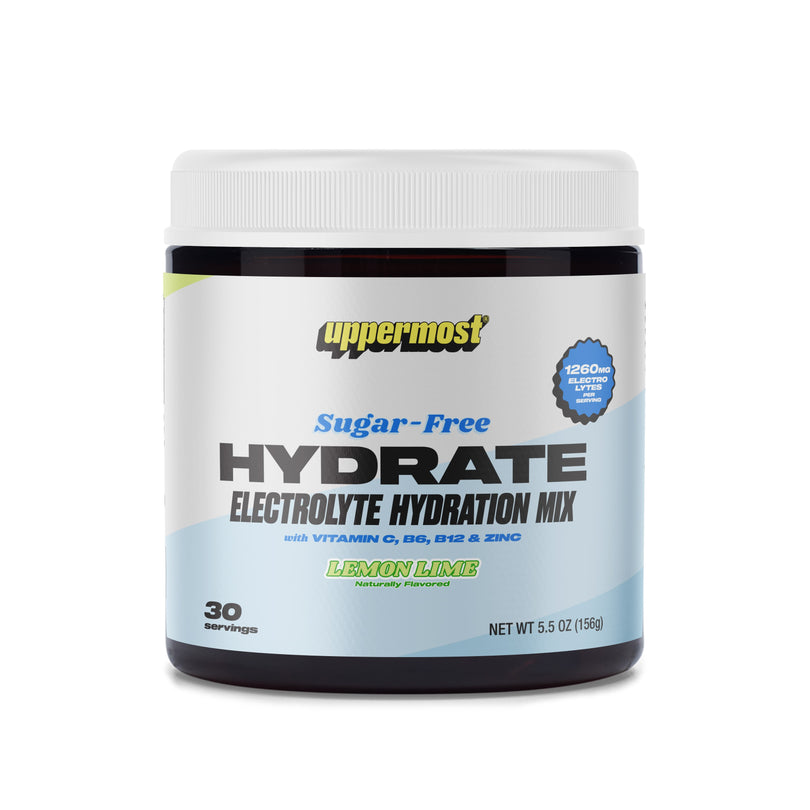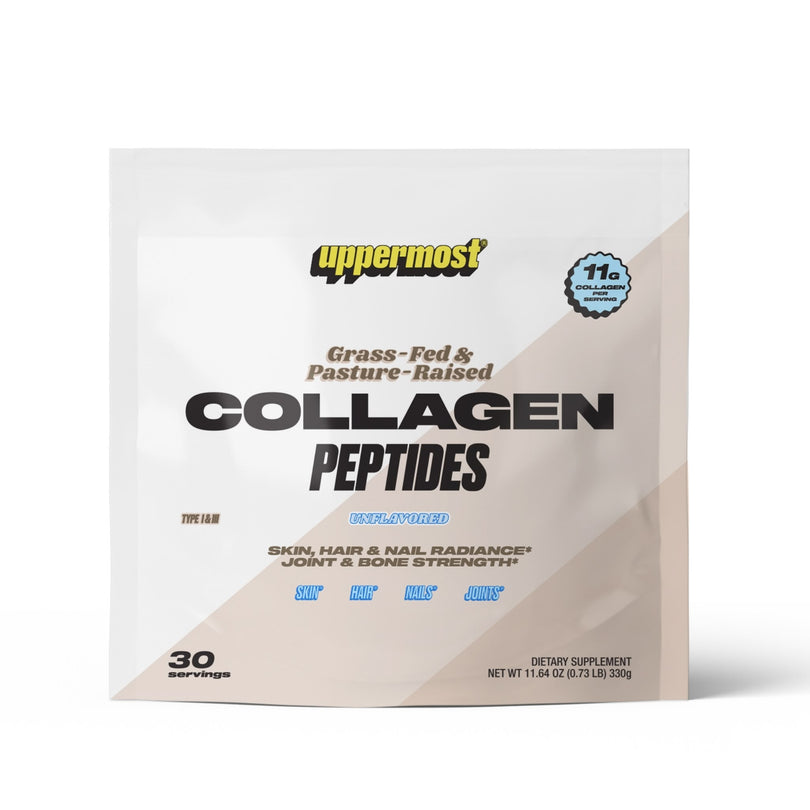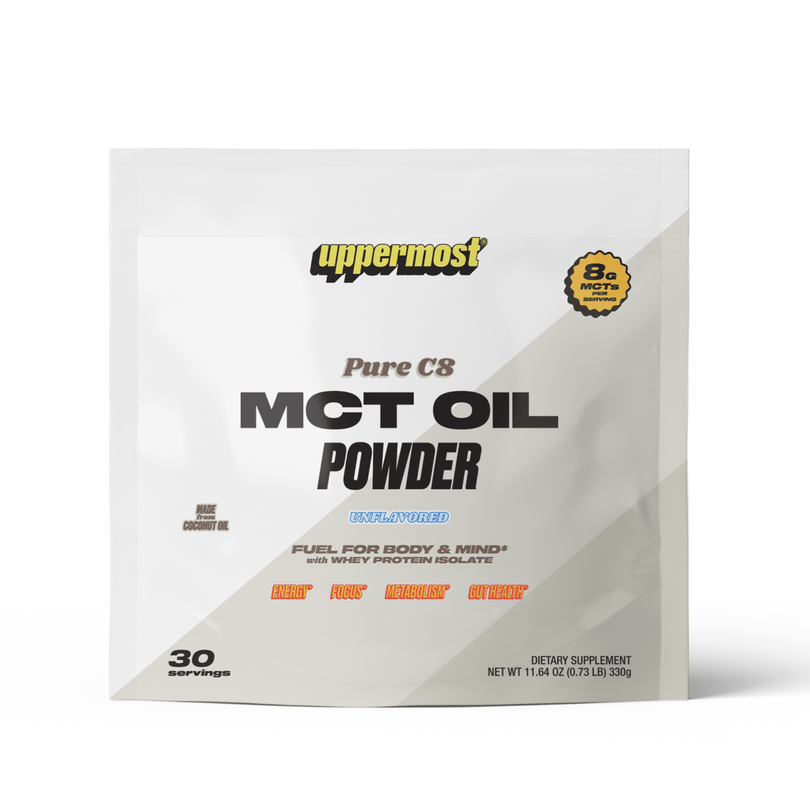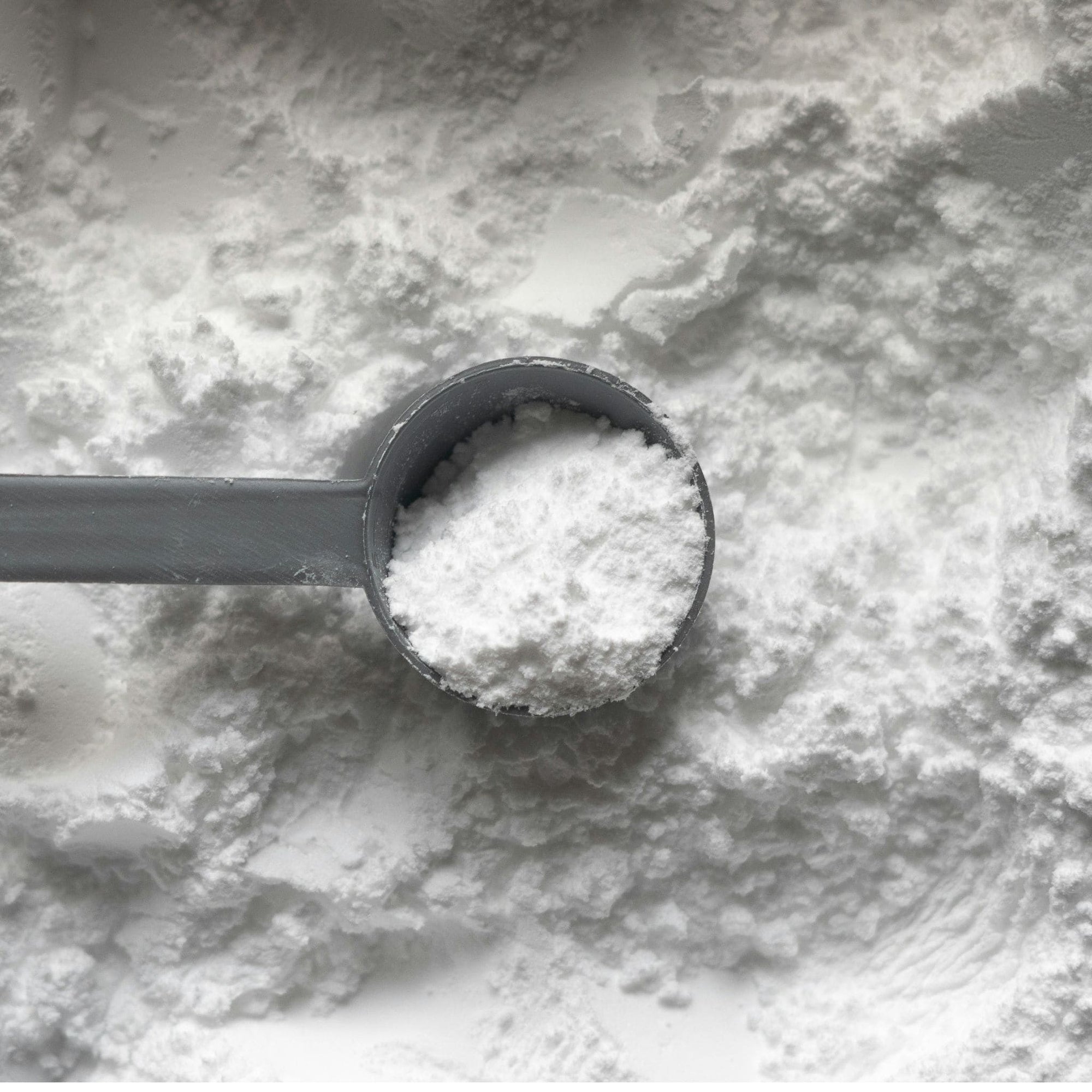Electrolytes are essential minerals that play a crucial role in maintaining various bodily functions, including hydration, nerve signaling, and muscle contraction. Understanding how to get electrolytes can help you stay energized, hydrated, and healthy. This guide will explore the best sources and methods to ensure you’re getting enough electrolytes in your diet.
What Are Electrolytes?
Electrolytes are minerals that carry an electric charge. The most common electrolytes include sodium, potassium, calcium, magnesium, chloride, bicarbonate, and phosphate. These minerals are vital for several bodily processes:
- Hydration: Electrolytes help maintain fluid balance within and outside cells.
- Nerve Function: They facilitate nerve impulses.
- Muscle Function: Electrolytes are crucial for muscle contractions, including those of the heart.
Why You Need Electrolytes
Maintaining the right balance of electrolytes is essential for optimal health. An imbalance can lead to symptoms like muscle cramps, fatigue, dizziness, and irregular heartbeat. Whether you're an athlete, someone with a busy lifestyle, or dealing with health conditions that affect hydration, knowing how to get electrolytes can help maintain this balance.
Natural Sources of Electrolytes
1. Fruits and Vegetables
- Bananas: Rich in potassium, bananas are a convenient snack for boosting electrolytes.
- Spinach: A great source of magnesium and potassium.
- Avocados: High in potassium and healthy fats.
- Oranges: Packed with potassium and a good source of hydration.
2. Dairy Products
- Milk and Yogurt: These provide calcium and potassium, essential for muscle function and bone health.
3. Nuts and Seeds
- Almonds: Rich in magnesium and provide a good balance of other electrolytes.
- Pumpkin Seeds: Excellent source of magnesium, zinc, and other minerals.
4. Seafood
- Salmon: High in potassium and magnesium.
- Sardines: Packed with calcium and magnesium.
Hydration with Electrolyte-Rich Beverages
1. Coconut Water
Coconut water is a natural source of electrolytes, particularly potassium and magnesium. It’s an excellent alternative to sugary sports drinks.
2. Electrolyte Drinks
Commercially available electrolyte drinks can quickly replenish lost electrolytes, especially after intense exercise or illness. Look for options with low or no sugar content.
3. Homemade Electrolyte Solutions
Creating your own electrolyte drink is simple. Mix water with a pinch of salt, a squeeze of lemon, and a teaspoon of honey to make a natural, effective electrolyte solution.
Electrolyte Supplements
For those who may need an extra boost, electrolyte supplements are available in various forms, including powders, tablets, and capsules. These can be particularly useful for athletes or individuals with specific medical conditions that require higher electrolyte intake.
Tips for Maintaining Electrolyte Balance
- Stay Hydrated: Drink water throughout the day and increase intake during hot weather or exercise.
- Balanced Diet: Incorporate a variety of fruits, vegetables, nuts, and dairy into your diet.
- Monitor Exercise: Intense workouts increase the need for electrolytes. Consider electrolyte-rich drinks during prolonged physical activities.
- Listen to Your Body: Pay attention to signs of electrolyte imbalance, such as muscle cramps or fatigue, and adjust your intake accordingly.
Conclusion
Understanding how to get electrolytes from both natural sources and supplements is key to maintaining overall health and well-being. Incorporating electrolyte-rich foods into your diet, staying hydrated, and using supplements when necessary can help ensure your body functions optimally. Prioritize these steps to keep your electrolyte levels balanced and your body performing at its best.




